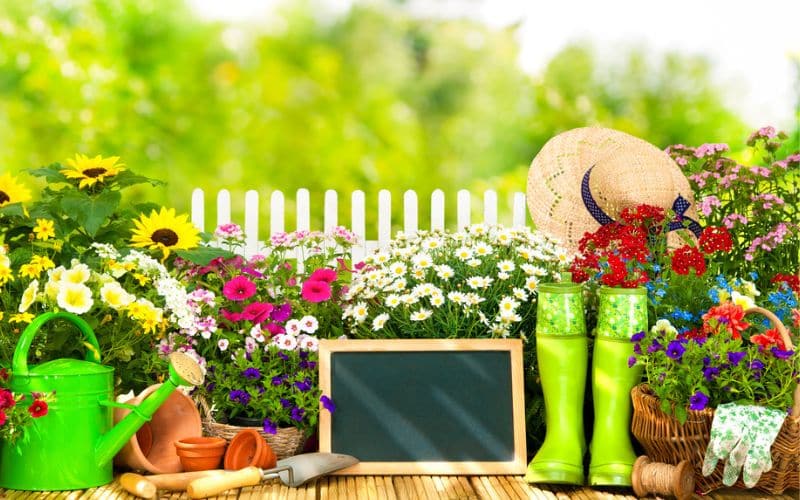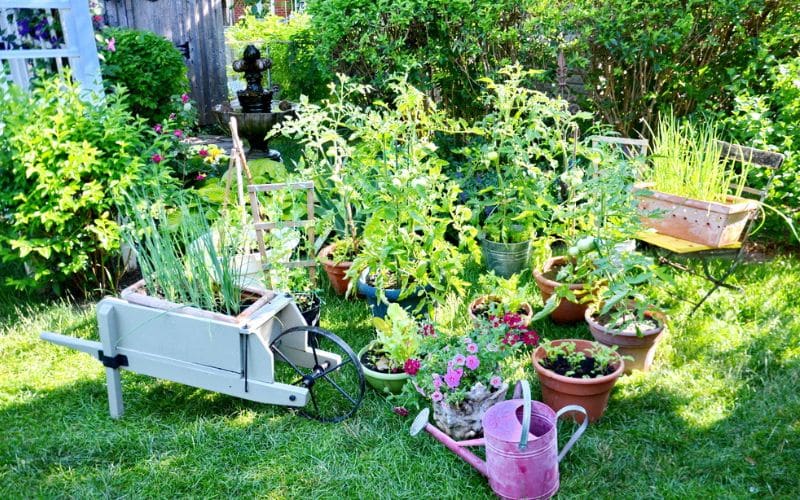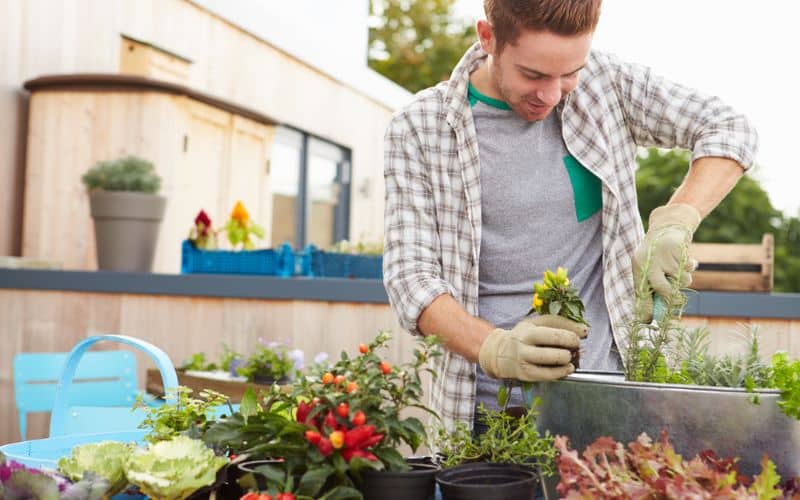
In the midst of our bustling cities, a green revolution is quietly unfolding. Urban dwellers, armed with seeds, soil, and a passion for nature, are transforming their concrete balconies, rooftops, and backyards into verdant oases. This movement, known as urban gardening, is more than a trend—it’s a powerful response to the challenges of urbanization, climate change, and food security. Drawing on multiple sources, this article explores the transformative power of urban gardening and offers a guide on how to cultivate your own urban oasis.
The Urban Garden: A Sanctuary and a Classroom
Urban gardens serve as sanctuaries, providing a tranquil space for relaxation and rejuvenation amidst the urban hustle. They are also living classrooms, offering valuable lessons about nature, biodiversity, and sustainability. As you cultivate your garden, you’ll observe various pollinators, learn about the life cycle of plants, and gain insights into the intricate balance of nature.
Urban Gardening and Food Security
One of the most compelling benefits of urban gardening is its potential to enhance food security. By growing your own food, you can ensure access to fresh, healthy produce. This is particularly important in urban areas, where access to fresh produce can be limited. Moreover, urban gardening allows you to control the use of pesticides and fertilizers, ensuring the safety and quality of your food.

Urban Gardening and the Environment
Urban gardening also offers significant environmental benefits. It helps reduce the carbon footprint of the food system by minimizing the transport of produce. It can also mitigate the urban heat island effect, a phenomenon where urban areas are significantly warmer than their rural surroundings due to human activities. By introducing green spaces, urban gardens can help cool urban areas, improving the comfort and health of city dwellers.
Urban Gardening and Community Well-being
Urban gardening can also contribute to community well-being. It provides opportunities for social interaction, fostering a sense of community and belonging. It can also promote physical activity and mental well-being, offering a therapeutic escape from the stresses of urban life.
Urban Gardening Techniques
Urban gardening may seem challenging due to space constraints, but with the right techniques, you can make the most of your space. Here are some methods you can consider:
Container Gardening: This is a great option if you have limited space. You can use pots, buckets, or even old tires to grow your plants.
Vertical Gardening: This method involves growing plants on vertical structures, allowing you to maximize your space. You can use trellises, pallets, or even walls for this purpose.
Square Foot Gardening: This technique involves dividing your garden space into square foot sections and planting different crops in each section.

Rooftop Gardening: If you live in an apartment building, your rooftop can be a great place for a garden. Just make sure to check with your building management first.
Window Sill Gardening: Even if you don’t have an outdoor space, you can still grow herbs and small plants on your window sill.
Personal Insights
As a journalist and an urban gardener, I can attest to the transformative power of urban gardening. It’s not just about the fresh produce or the beautiful flowers—it’s about the process itself. The act of planting a seed, nurturing it, and watching it grow is incredibly fulfilling. It’s a reminder of the simple yet profound miracles of nature. Moreover, urban gardening fosters a sense of community. Whether it’s sharing gardening tips with neighbors or donating excess produce to a local food bank, gardens can bring people together in meaningful ways.
Conclusion
Urban gardening is more than a hobby—it’s a powerful tool for urban resilience, sustainability, and well-being. As our cities continue to grow, these green oases will play an increasingly important role. They provide not just food, but also peace, learning, and a connection to the natural world. So, roll up your sleeves, grab a shovel, and join the urban gardening revolution!
Colin Macmillan is a seasoned entrepreneur and the CEO of Riverwood Landscape, a leading landscaping company based in Canada. He has been at the helm of the company since leaving high school, demonstrating his strong leadership skills and business acumen.
Colin’s expertise lies in various aspects of landscaping, including lawn care, interlocking, sod installation, and commercial maintenance. His hands-on approach and dedication to the craft have been instrumental in building Riverwood Landscape into a reputable brand.
One of his most notable achievements is the creation of a successful landscape franchise that services multiple locations. This accomplishment underscores his strategic thinking and ability to scale operations effectively.
Colin has also had the privilege of working with Guelph Hospital for landscaping and maintenance, a testament to the trust and reliability that his company has earned over the years.
His professional mission is to offer the best services and experiences for customers, a goal that he tirelessly pursues. Colin’s commitment to excellence and customer satisfaction continues to drive the growth and success of Riverwood Landscape.








